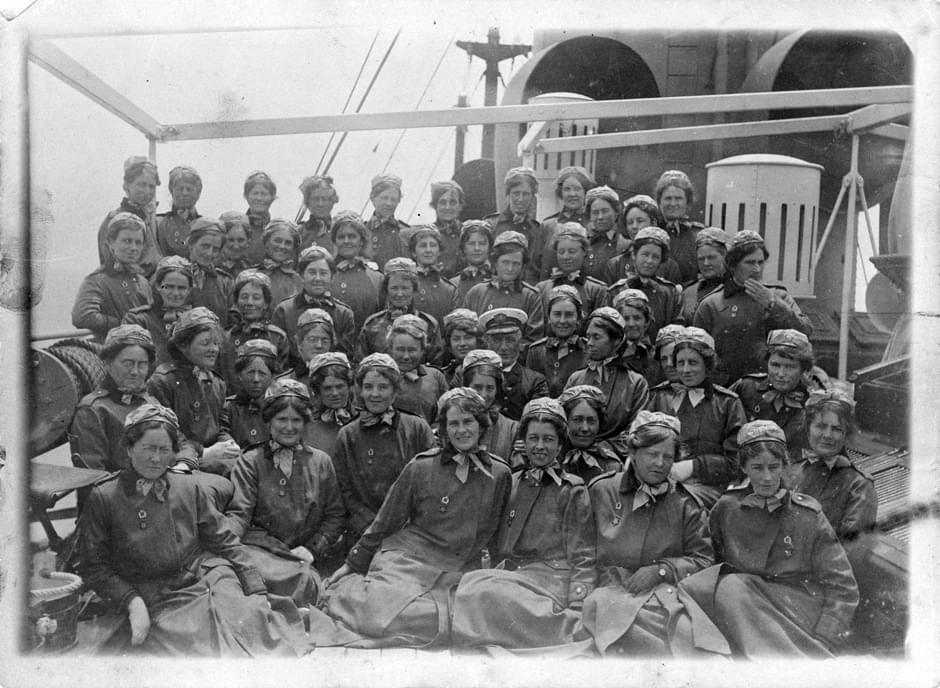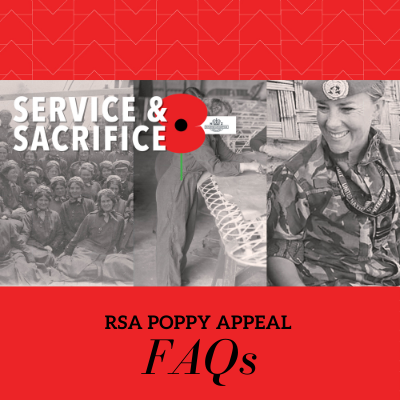
Create marketing funnels in minutes!
Your page? Unpause your account to remove this banner.



*
(Optional but highly recommended) Select Your Country Code and Enter Your Mobile Phone Number To Receive a Text Alert Reminder 15 Minutes Before Webinar Starts



*
(Optional but highly recommended) Select Your Country Code and Enter Your Mobile Phone Number To Receive a Text Alert Reminder 15 Minutes Before Webinar Starts